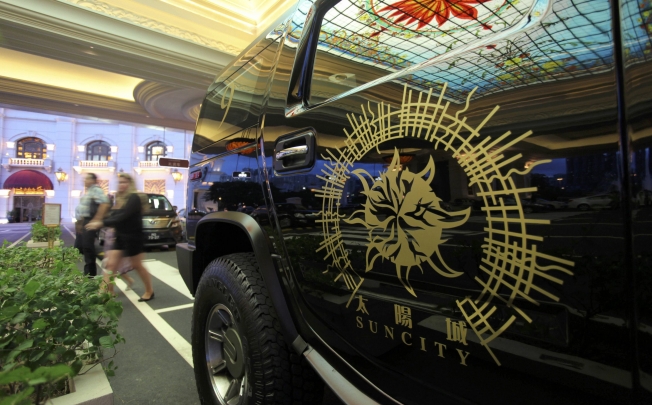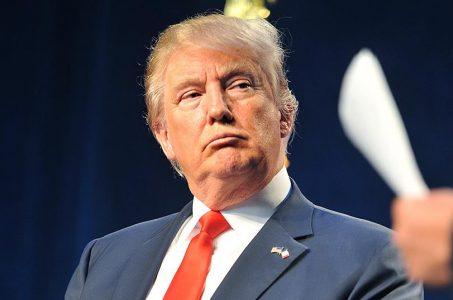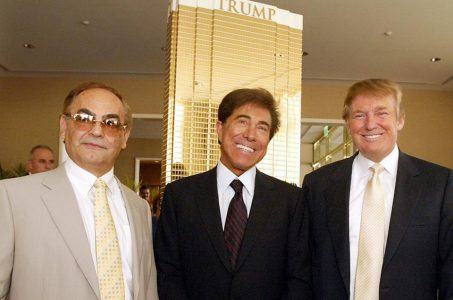A Decade Later, Macau Casinos Reconsider Using Junket Operators
Posted on: February 25, 2014, 05:30h.
Last updated on: June 13, 2022, 10:06h.

Casinos are used to fighting each other for the biggest whales – those customers who might drop millions of dollars on a single night, or even at a single table – in a casino. But now, the Macau casino operators find themselves fighting against junket operators in an attempt to cut out the middlemen and keep more of those massive profits for themselves.
Targeting Big Money
Junket operators have been a major part of the Macau gambling scene over the past decade, as the Chinese enclave has evolved to become the world’s largest gambling hub. These specialized operations recruit wealthy gamblers from mainland China, then give them interest-free loans to work around Chinese limits on taking cash out of the country.
This system generally worked well for both sides: the junkets made a tidy commission, and the casinos benefitted from having the big spenders in their VIP rooms. But now, the casinos are starting to try to offer the same services to Chinese gamblers as the junkets, allowing the gaming houses to keep more money in their own hands.
“Direct VIPs give us considerably higher profit margins,” said MGM China Holdings CEO Grant Bowie.
Many casinos have been leasing exclusive VIP rooms to junkets in order to attract these big spending Chinese players. However, casinos say they could make as much as 10 to 15 percent more if they simply attract and host the players themselves, said Deutsche Bank analyst Karen Tang. Some industry insiders say the difference could even be as much as 50 percent.
There’s no overstating just how important these VIPs are to the Macau gaming industry. They account for around two-thirds of the casino revenue there, and most of them come from mainland China. Largely, these bettors must wager on credit, as individuals can only take 20,000 yuan (about $3,300) across the border, and can only take out 10,000 yuan ($1,650) from ATMs each day.
Right now, the junkets play an important role in getting players to Macau. They scout for the biggest whales throughout China, then take care of arranging lines of credit, as well as securing transportation and hotels for these clients. In exchange, they take in commissions on the bets made by these players – as much as 44 percent of the gross revenue from these high rollers, or about $13 billion last year, by some estimates.
Casinos Shifting Loyalties
This system was perfect for everyone involved when Macau was opened to new operators in 2002. The new companies could not market in China and had no recourse for collecting debts if players did not pay back what they had lost on credits. That meant that they were reliant on the junkets, who had the necessary experience in China, to lure players to the casinos and make sure they could collect on debts.
But over a decade later, these same operators are much more confident in their knowledge of the Macau and Chinese markets, and some are starting to feel that they can go their own way.
“Casinos have a much more in-depth database to tap,” said Hong Kong analyst Richard Huang. “With most of the rich Chinese having offshore bank accounts or properties, that gives casinos increased comfort in extending them credit.”
Not everyone is against the junket system, though. Stanley Ho’s SJM Holdings – which held a monopoly on gambling in Macau until the new operators were allowed in – gets all of its VIP players through junkets, and has said they do not plan on changing this system.
“SJM is comfortable with our junket relationships and with the junket system, which operates legally in Macau,” said CEO Ambrose So.
Related News Articles
Wynn Land Deal Shows Deep Connections Between Wynn, Trump, and Ruffin
Most Popular
VEGAS MYTHS BUSTED: Golden Gate is the Oldest Casino in Vegas
Las Vegas Overstated F1 Race’s Vegas Impact — Report
Most Commented
-
End of the Line for Las Vegas Monorail
— April 5, 2024 — 90 Comments -
Mega Millions Reportedly Mulling Substantial Ticket Price Increase
— April 16, 2024 — 6 Comments















